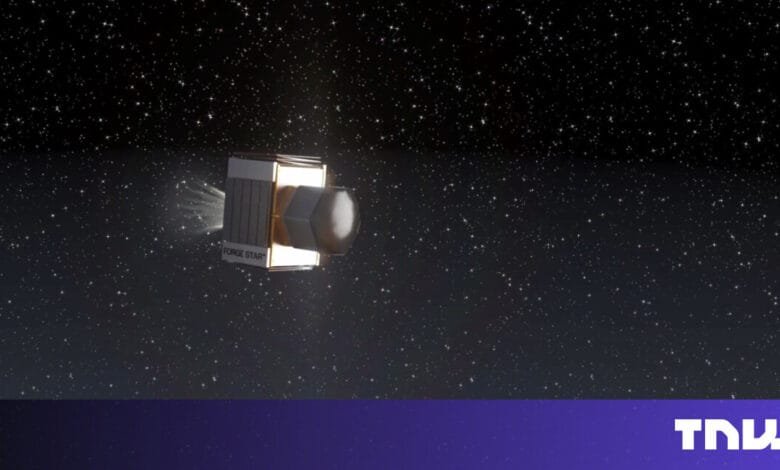Welsh Startup Wins NATO Backing for Space ‘Supermaterials’ Factory

▼ Summary
– Space Forge raised $30mn in a record UK space tech Series A, led by the NATO Innovation Fund, to develop its ForgeStar-2 satellite.
– The startup’s ForgeStar-1 satellite, launching this year on SpaceX, will test producing high-quality “supermaterials” in space’s unique conditions.
– Space Forge’s semiconductors, made from space-grown crystals, could halve EV charging times and improve efficiency in data centers and telecoms.
– ForgeStar-2 will be reusable, featuring a heat shield for safe re-entry, enabling regular space trips to deliver valuable materials to Earth.
– The technology has potential defense applications, enhancing European security and supply chain independence, as noted by NATO’s Innovation Fund.
A Welsh space manufacturing startup has secured a groundbreaking $30 million investment led by NATO’s Innovation Fund, marking the largest Series A funding round in UK space technology history. The company, Space Forge, plans to use the capital to develop its reusable orbital manufacturing satellite, ForgeStar-2, which aims to produce high-value materials impossible to create on Earth.
The startup’s first prototype, ForgeStar-1, is scheduled for launch later this year aboard a SpaceX rocket. Though this initial mission won’t return to Earth—instead burning up in the atmosphere—it will test critical processes for growing ultra-pure crystal “seeds” in space. These tiny structures, formed in the zero-gravity, vacuum environment of orbit, could later be used to manufacture next-generation semiconductors, advanced alloys, and even pharmaceuticals.
Space Forge’s CEO Joshua Western likens the concept to a sourdough starter—a small but transformative foundation. “The conditions in space allow us to create materials with unmatched precision,” he explains. Once perfected, these space-grown crystals could revolutionize industries, from cutting EV charging times in half to strengthening supply chains for defense technologies.
The company’s follow-up mission, ForgeStar-2, will feature a reusable design equipped with a proprietary heat shield named Griffon. This innovation ensures safe re-entry, allowing the satellite to make multiple trips and deliver payloads back to Earth. With projected values reaching $60 million per kilogram, the harvested materials could justify the costs of repeated launches while offering substantial energy savings.
Beyond commercial applications, NATO’s involvement signals strategic interest in securing Europe’s access to advanced materials without relying on foreign suppliers. Chris O’Connor of the NATO Innovation Fund emphasized the project’s potential to bolster supply chain resilience and long-term security for member nations.
While still in its experimental phase, Space Forge’s vision could redefine manufacturing both in orbit and on the ground. If successful, the startup may pave the way for a new era of space-based industrial production, merging cutting-edge engineering with global economic and security priorities.
(Source: The Next Web)
